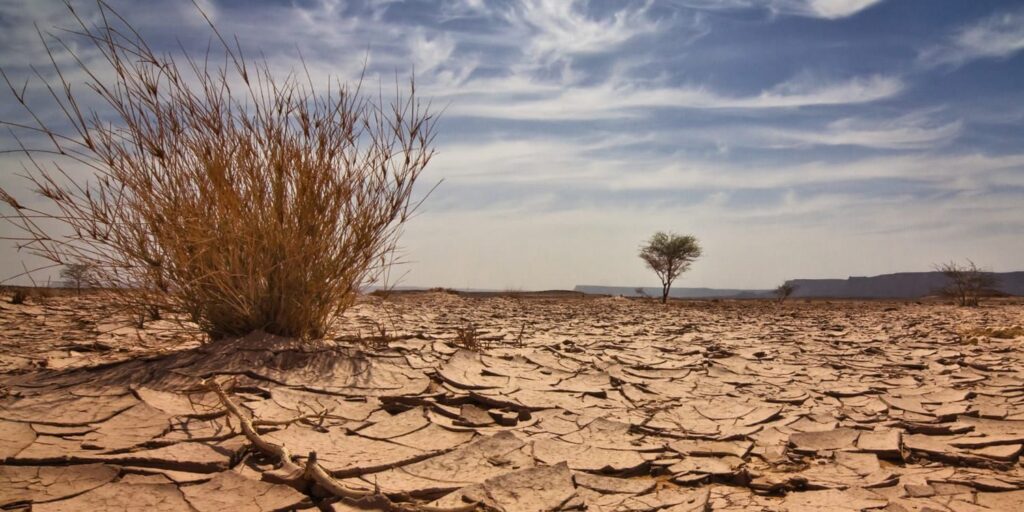BY OJO SAMSON AYOMIDE
In a compelling plea for collective action, Nigeria has implored fellow members of the Economic Community of West African States (ECOWAS) to collaborate in addressing the looming threat of environmental disaster.
The call to arms was made on Monday by Dr. Iziaq Salako, the Minister of State for Environment, during the coordination meeting in Abuja, focusing on ECOWAS Marine Biodiversity of Areas Beyond National Jurisdiction (BBNJ).
Emphasizing the need for robust measures, Salako underscored the imperative of a new treaty for the conservation and management of marine life in the high seas.
He stressed the necessity for proactive oversight mechanisms and the establishment of fully protected Marine Protected Areas (MPAs) to mitigate the adverse impacts of human activities.

Acknowledging recent progress, Salami highlighted the adoption of the high-seas treaty last June.
He disclosed Nigeria’s commitment, along with 22 other countries, to symbolically sign the BBNJ treaty during the High Ambition for the High Seas event on the sidelines of the United Nations General Assembly. Urging prompt ratification, he proposed that ECOWAS could lead the way in this crucial direction.
Salako expressed pride in Nigeria’s role in garnering support within the African Union for the ratification of the new high-seas treaty.
He urged a shift from vague timelines to a specific period for Africa to ratify the BBNJ treaty, suggesting that ECOWAS could play a pioneering role in this endeavour.

Welcoming attendees to Nigeria, Salako emphasized the interconnectedness of biodiversity and climate crises, asserting that addressing one is inseparable from addressing the other.
He outlined the escalating threats to the world’s oceans, including sea level rise, temperature increases, acidification, pollution, biodiversity loss, and unsustainable exploitation of marine resources.
Highlighting the urgency of the situation, Salami stressed that only 7% of the world’s oceans are currently protected.
He called for comprehensive legal mechanisms to safeguard the high seas and deep seabed areas, which constitute nearly 70% of the global ocean.
The meeting, according to Salako, provides a pathway for ECOWAS countries to support the vital goal of prompt ratification of the high-seas treaty and effective engagement in its implementation.
He underscored the shared responsibility to act, as the consequences of failing to protect oceans would be catastrophic.
Salako concluded with an optimistic note, expressing hope that the gathered nations would collaborate to make swift progress toward setting a path for the prompt ratification of the high-seas treaty in the region and on the continent.
In earlier remarks, Moussa Leko, the Director of the Environment Department at ECOWAS, commended West Africa’s leadership in biodiversity protection on the global stage.
He urged continued coordination to amplify the region’s voice in promoting ambitious responses to the biodiversity crisis.
Leko emphasized the importance of taking robust action now to protect the planet and preserve essential ecosystem services.
In conclusion, the meeting serves as a rallying point for ECOWAS countries, urging them to unite in the face of environmental challenges and contribute to a sustainable future for the region and the planet at large.

